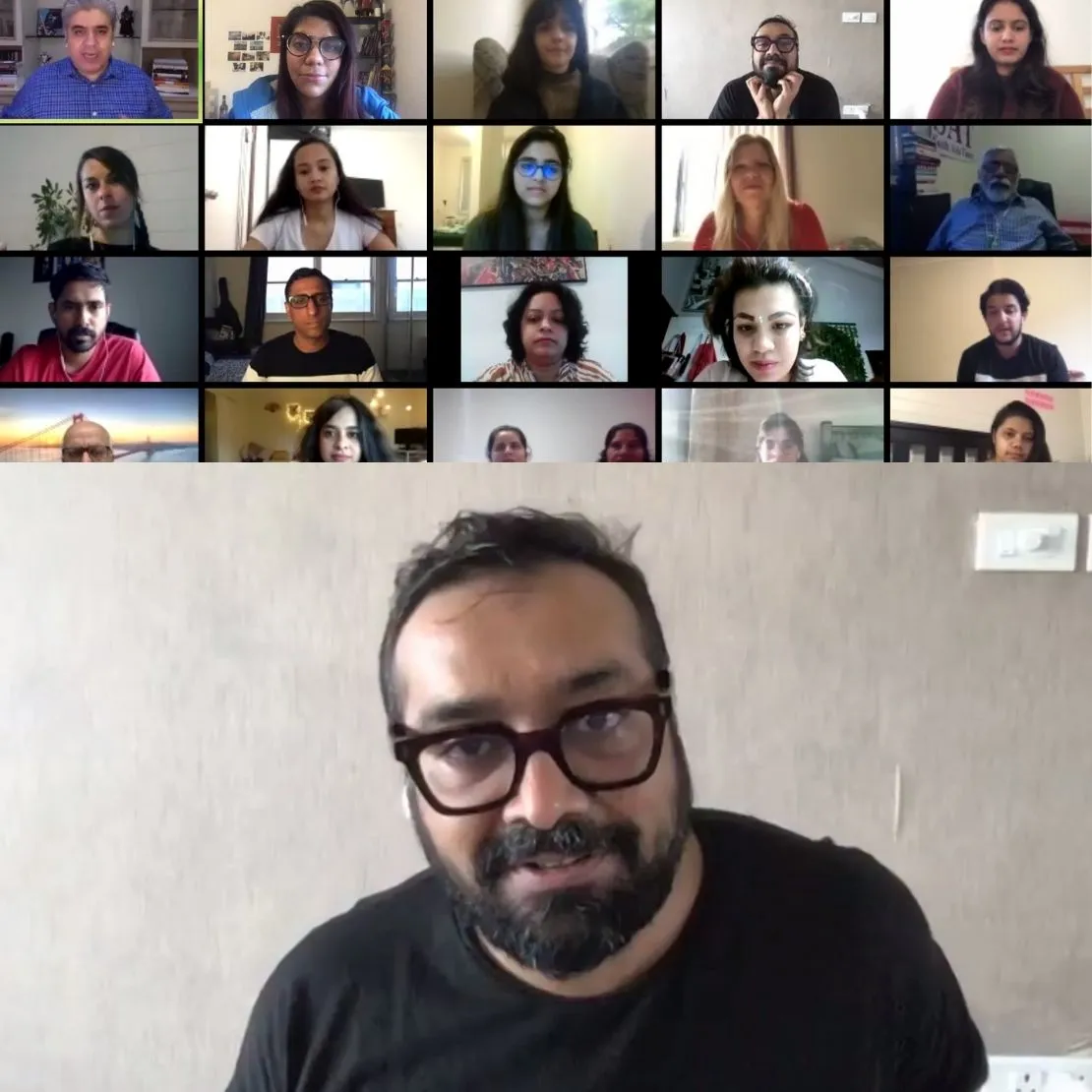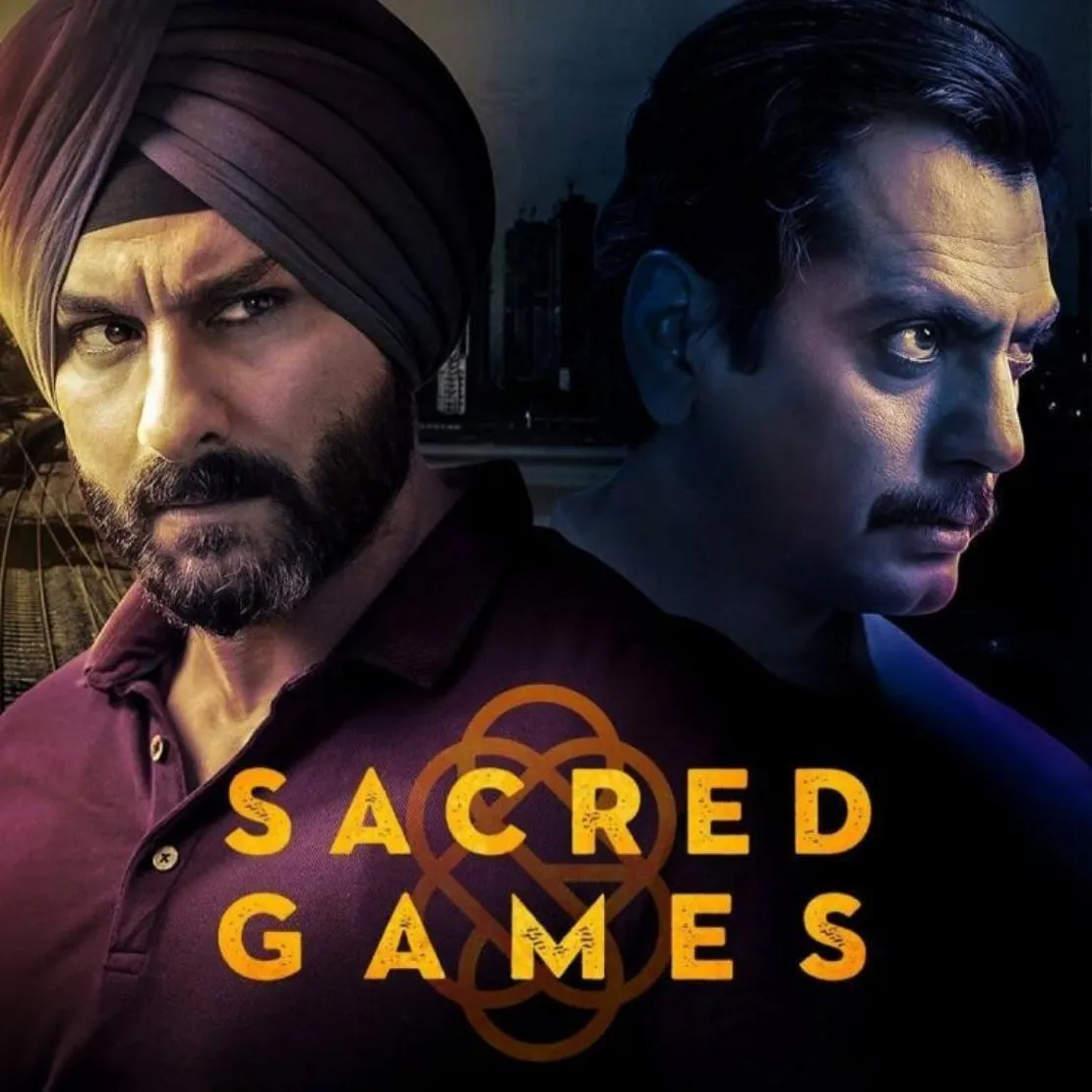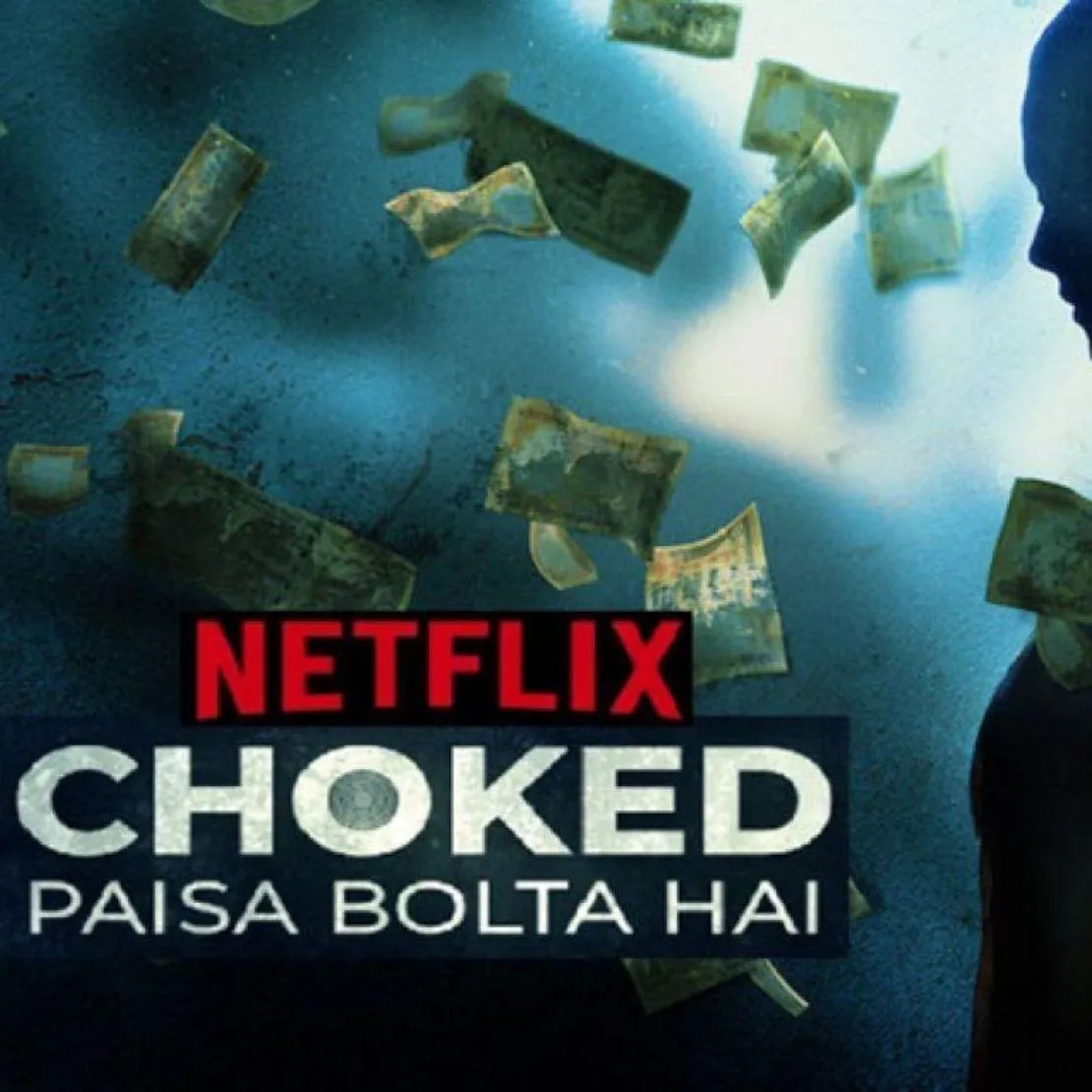The Indian Film Festival of Melbourne brings in Bollywood's Dark Knight
The COVID lockdown has had people making dalgona coffees to banana breads and to some smashing their workout goals or not! But if there’s one thing this lockdown has brought about is the Indian Film Festival of Melbourne’s (IFFM) Film Club. From June 2020 onwards, IFFM organisers have invited renowned Indian filmmakers for a virtual masterclass on Zoom to talk about their craft. So on July 25, the Film Club was graced by none other than Anurag Kashyap!
Anurag Kashyap is known for his films and series like Gangs of Wasseypur, Black Friday, Dev.D, Ugly, Raman Raghav 2.0 and Sacred Games. The film club was moderated by film critic Rajeev Masand who is also on the Advisory Board of IFFM. In response to how the lockdown was treating the director, Kashyap exclaimed this was the first time he was on pause from work, “This is the first pause I have taken in 27 years. I have realised that I have been working nonstop. I have never savoured my success. Failure is my survival. This unnatural pause has taken me back to everything”.

Kashyap was filming in the mountains in India when it came to a grinding halt due to the lockdown. He said he likes to keep quiet about his upcoming projects and simultaneously works on multiple films. This is why he explained that people who work on his films are collaborators who are with him from the beginning. Actors, writers or music directors, they are on a project because they really want to be. On being asked by one of the participants how he selects his actors, he said, “It is a eureka moment...and I see how hungry the actor is.”
After the failure of his film Bombay Velvet in 2015, Kashyap appeared to have gone under the radar. On being asked by Masand which was his most gruelling film to shoot, he admitted that, “My most gruelling film for me was actually Bombay Velvet. It was done in a way that I normally don’t do it. And there was so much scrutiny. You feel naked all the time.”
Kashyap made news, nay, waves again in 2018 when Sacred Games (the series has been jointly directed by Kashyap, Vikramaditya Motwane and Neeraj Ghaywan), Netflix’s first Indian original web series was released. Starring actor Saif Ali Khan, the series received worldwide acclaim. Todd Yellin, the Vice President of Product in Netflix stated that two out of three viewers of the series were outside of India. This international audience and recognition Kashyap said has allowed him to tackle difficult subjects and get the budget for films he wants to make.

Sacred Games | Available on Netflix
While describing in detail the kind of impact Sacred Games has had on his work and career, he made a very interesting point, “I am not going through the same trade pundits or studio heads who are from this business which has been handled by families since centuries. I am not dealing with these people who are asking me who the star is. And my budget is not based on that. Today I don’t have to go to anyone to get my money. I have to travel to LA to get my funding and I come back and make my film.. Because now my audience is worldwide.”
Given the raging debates around nepotism and film family cliques in Bollywood, the above statement by Kashyap is insightful. If anything, as audiences we also have the power to call for and even bring about a change. By actively choosing to watch and encourage films that have strong content and stories, maybe a time would come when directors like Kashyap don’t have to go to LA for funding. But, more on the star system and nepotism in another article!
“Biggest problem earlier in cinema was access. With streaming suddenly my viewership has gone up. For me it has become way way better. Now I don’t need to go to anybody. Access has increased for me, and as a filmmaker I can get braver.”

Anurag's latest 'Choked' | Available on Netflix
Kashyap’s films are also distinctive for their music and sound design. His partnership with music director Amit Trivedi is well known. For the 2018 film Manmarziyaan, he told Trivedi to, “Go to Punjab and find the sound in Punjab and bring it back to me. And we worked on it for one year even before the film went into production.” No surprises there then that every film of Kashyap has songs that are evergreen and one continues to hum them in a day and time when the shelf life of music is almost non-existent!
Throughout the interaction and discussion at the Film Club, what was evident was Kashyap’s passion for film. At the kernel of it lay his desire to show things that are real. He also said cinema impacted him greatly because he wanted to travel but could not afford to. “My way to travel the world was through cinema and books. I would watch films to visit places and times.”
In a new normal and as the world around us rapidly changes, perhaps cinema again for many of us will again become the medium through which we travel the world. And as a self-confessed fan of Anurag Kashyap like many others, we cannot wait to travel and lose ourselves in the cinematic world that Kashyap creates!
You can attend IFFM Film Club too! Follow IFFM on Instagram @iffmelbourne or visit their website to stay notified!